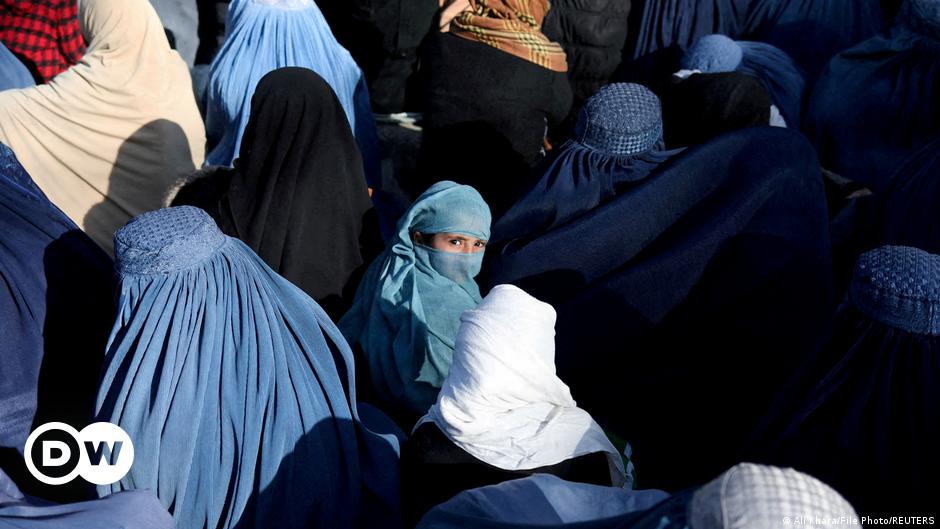Afghanistan is suffering from unemployment, hunger, poverty, security, and gender-based restrictions after the Taliban’s takeover last year. Further, brutal laws imposed by them have made the situation worse. Regardless of the condemnation that the Taliban got from around the world, nothing has changed for Afghan females on the ground.
According to Nizamuddin Rezahi’s report by Khaama Press, in the latest development Taliban’s leader Mawlawi Hibatullah Akhundzada prohibited women from appearing in public places like parks, sports venues, schools and universities. Taliban also have barred women from working in NGOs. Resulting, many renowned NGOs halted their much-needed on-ground relief work and humanitarian aid that was helping the Afghan locals survive. Many of these NGOs relied on women employees who worked at different levels. Rezahi further in the Khaama press report mentions that Afghanistan is the only Muslim country that has imposed educational prohibitions on women disallowing them to attend schools, colleges and universities.
The Khaama Press report further quoted the UN Secretary General’s special envoy for Afghanistan from December 10. Roza Isakovna Otunbayeva said that “As we mark Human Rights Day, we recall that all human beings are born free and equal in dignity and rights, the United Nations in Afghanistan is urging the de facto authorities to stop restricting the basic rights of Afghans, especially those of women and girls, because those who govern have an immense responsibility as duty-bearers to every woman, man, girl and boy. This year we also mark the countdown to the 75th anniversary of the Universal Declaration of Human Rights,”.
Further, the crisis in Afghanistan does not seem to die down as several people are under the grip of hunger and lack of basic amenities in Afghanistan since the Taliban took control of the Afghan land in August last year.
In a recent report released by Save the Children organization, it was said that Afghanistan, one of the nations with the highest rates of severe hunger, has more than 6.6 million people who are in a hunger crisis.
“The country with the highest number of people facing severe levels of hunger was Afghanistan where this number increased to 6.6 million in 2022 from 2.5 million in 2019,” Save the Children said.
According to the analysis, which was based on Integrated Food Security Phase Classification (IPC) data, the countries with the highest numbers of people experiencing emergency and catastrophic levels of hunger and malnutrition between 2019 and 2022 were Afghanistan, Central African Republic, DRC, Haiti, Somalia, South Sudan, Sudan, and Yemen.
Time and again, Kabul locals have claimed that one of the primary causes of the worsening economic situation among people is a rise in unemployment.
Since the Taliban seized power in Kabul last year, 18 packages of USD 40 million and more than 30 packages of USD 32 million apiece of cash assistance have been given to Afghanistan, Khaama Press in another report citing the Da Afghanistan Bank the central bank of Afghanistan.

